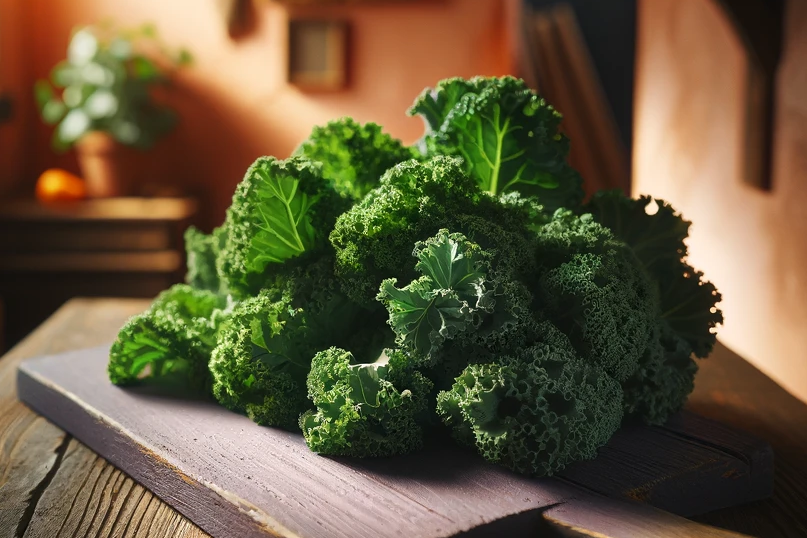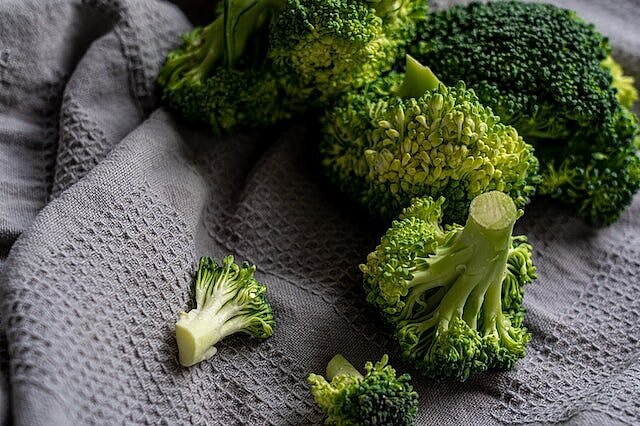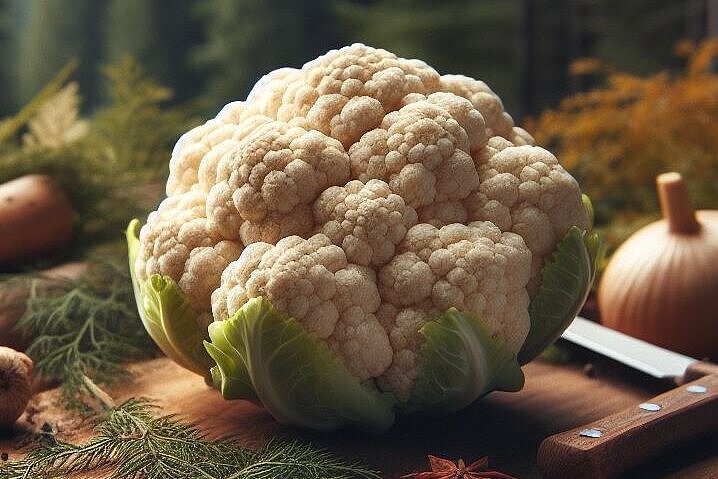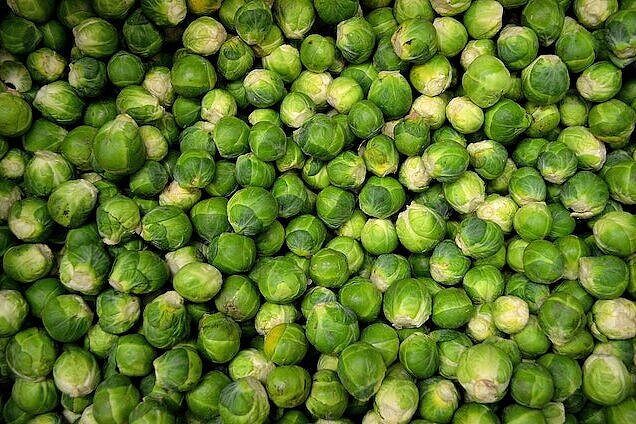Goitrogens

Goitrogens are substances that can lead to an enlargement of the thyroid gland. They occur naturally in some foods, especially in cabbage varieties such as broccoli, Brussels sprouts and cauliflower. But soy, peanuts and rapeseed also contain goitrogens.
Goitrogens are usually unproblematic for humans, as they can only lead to goitre in the case of iodine deficiency or overdose. However, goitrogens can be more dangerous for dogs, as they can trigger or worsen hypothyroidism.
The thyroid gland is an important organ for regulating metabolism and other bodily functions. If it does not produce enough hormones, this can lead to symptoms such as weight gain, hair loss, fatigue or susceptibility to infections. Some dog breeds are particularly susceptible to hypothyroidism, e.g. Dachshunds, Dobermans and Golden Retrievers.
How can you protect your dog from goitrogens?
The good news is that it is not necessary to avoid foods that contain goitrogens. In moderation, they can even be healthy for your dog, as they contain many vitamins and antioxidants. In addition, most goitrogens are destroyed by cooking or heating.
However, if you feed your dog raw food (organic, species-appropriate raw food), you should make sure that he gets enough iodine. Iodine is a trace element that is required for the formation of thyroid hormones. It is mainly found in seafood such as fish or algae. You can also give your dog an iodine supplement, but only after consulting a vet.
If your dog already has an underactive thyroid or is showing symptoms, you should have him examined by a vet. Treatment usually consists of lifelong administration of thyroid hormones in tablet form. With the right diet and medication, you can give your dog a long and happy life.
Goitrogens are substances that can cause or exacerbate thyroid problems in dogs. Hypothyroidism can lead to various health problems. However, it is not necessary to avoid foods rich in goitrogens as long as they are consumed in moderation. These foods can be rich in vitamins and antioxidants and are destroyed by cooking. When feeding a raw diet (barf), care should be taken to ensure that the dog receives sufficient iodine, either through seafood or, after consultation with a vet, through iodine supplements. If a dog already has thyroid problems, it should be examined and treated by a vet.
If you notice any signs of hypersensitivity or poisoning in your dog, you should see your vet immediately. We are not a substitute for a vet, but we try to be as accurate as possible. Every dog reacts differently and we recommend you get a second opinion or consult your vet if in doubt.
Stay healthy and take good care of your four-legged friend!😊
Similar to Goitrogens
Kale belongs to the cruciferous family and is closely related to broccoli, cauliflower and kohlrabi. It has large, curly leaves that can be green or purple, depending on the variety. Kale is mainly...
Broccoli belongs to the cruciferous family, a plant family that also includes cabbage, Brussels sprouts, kale and cauliflower. Broccoli has a thick stalk and small green florets that look like...
Cauliflower belongs to the cruciferous family and is closely related to broccoli and kohlrabi. It consists of many small white florets that grow on a thick stalk. The green leaves cover the head and...
Brussels sprouts are a type of cabbage consisting of many small green florets that grow on a stalk. It belongs to the cruciferous family, which also includes broccoli, cauliflower and kohlrabi....



